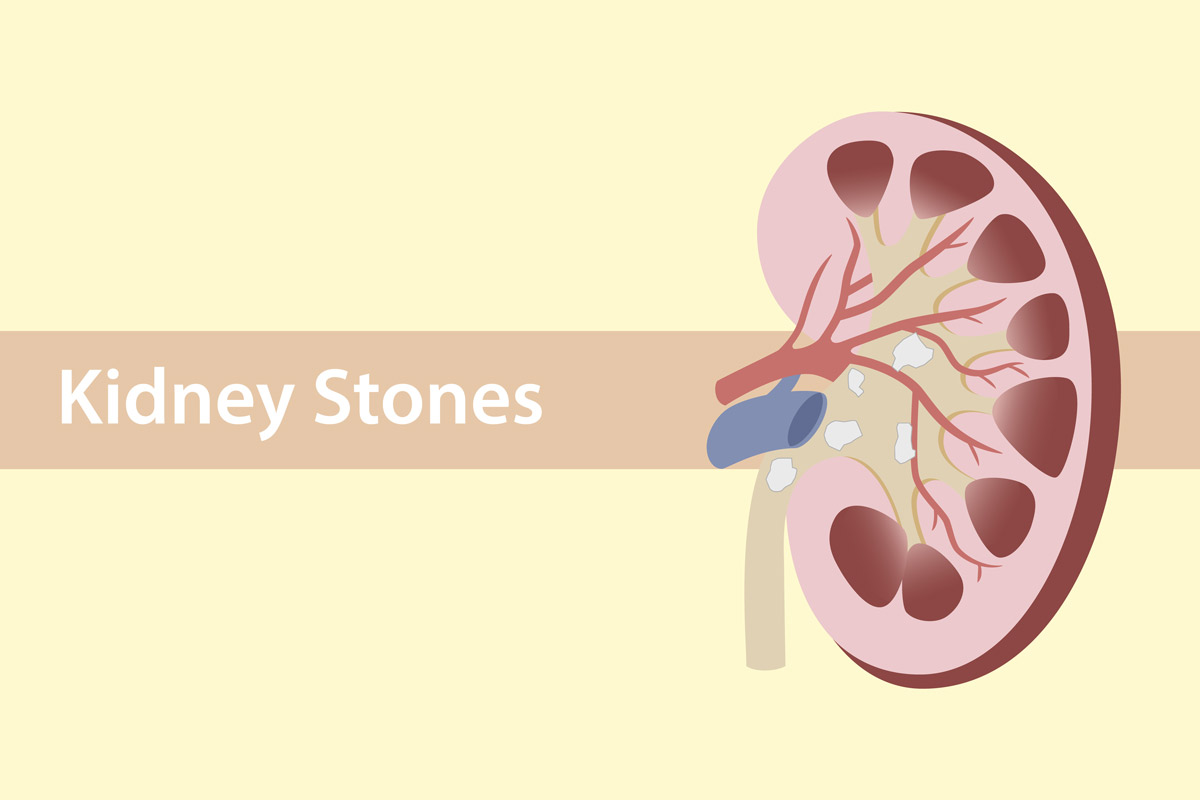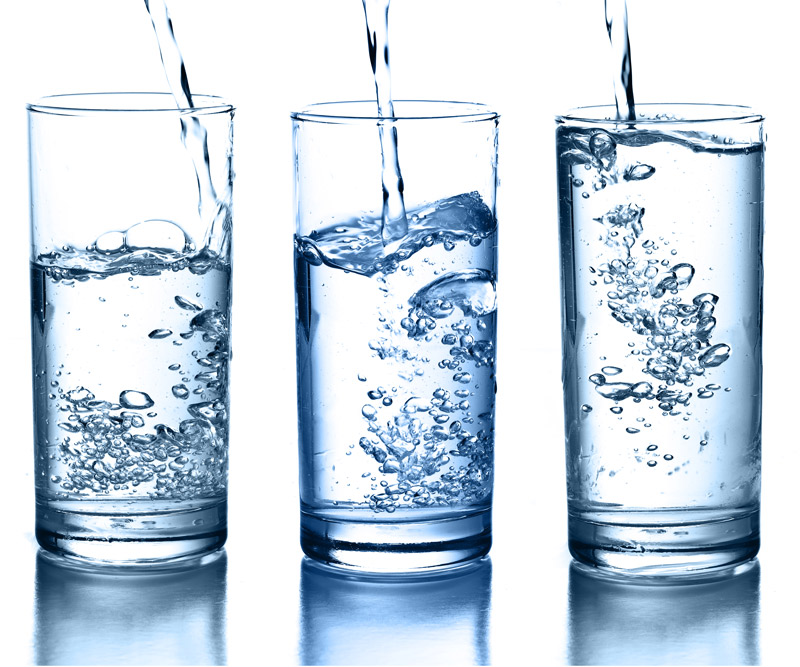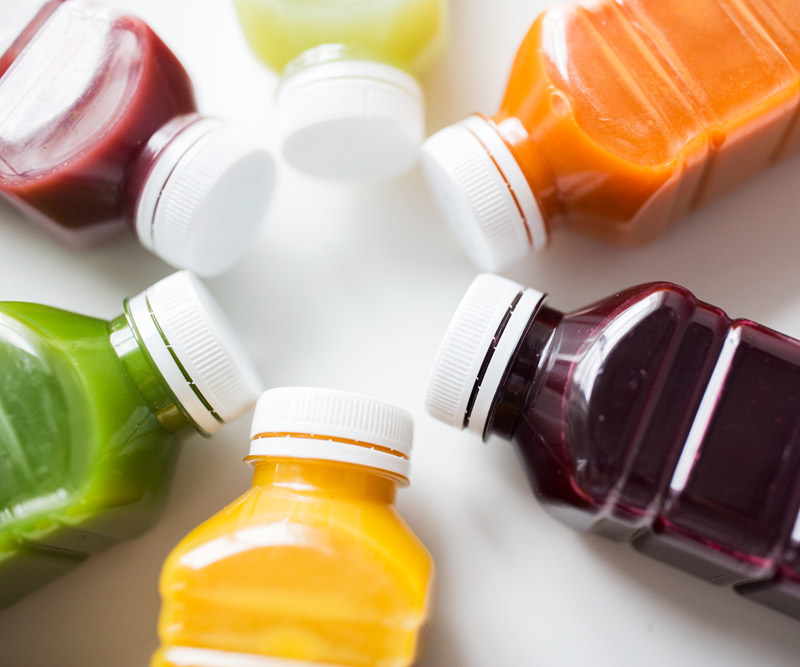
Kidney Stones: What’s Your Risk?
Both men and women are at equal risk for developing kidney stones, but other factors can leave you more susceptible.
These can include the following:
- A genetic predisposition to kidney stones.
- Recurrent infections in the urine.
- Metabolic abnormalities that alter the electrolytes in the urine or the blood.
- Certain types of renal disease.
- Kidney abnormalities.
- Inflammatory bowel disease.
- Gastric bypass surgery.
“People who don’t fit into these categories and have kidney stones likely have dietary risk factors for forming stones,” says Dr. Peter Tran, a urologist at Kauai Medical Clinic, noting that diets high in salt and non-dairy protein (especially red meat), or being in a state of chronic dehydration, greatly up your risk for kidney stone disease.
“We don’t often see kidney stones in children unless they have a significant metabolic abnormality that predisposes them to form stones. Unfortunately, however, as our diets get worse, we are starting to see more and more stones in children that are instead related to their poor dietary intake instead of actual metabolic abnormalities,” Tran adds.
“Prevention is, of course, the best remedy,” he says.
Click here for more information on kidney stone disease and to find four lifestyle tips for kidney stone prevention.
Published on: May 23, 2023




